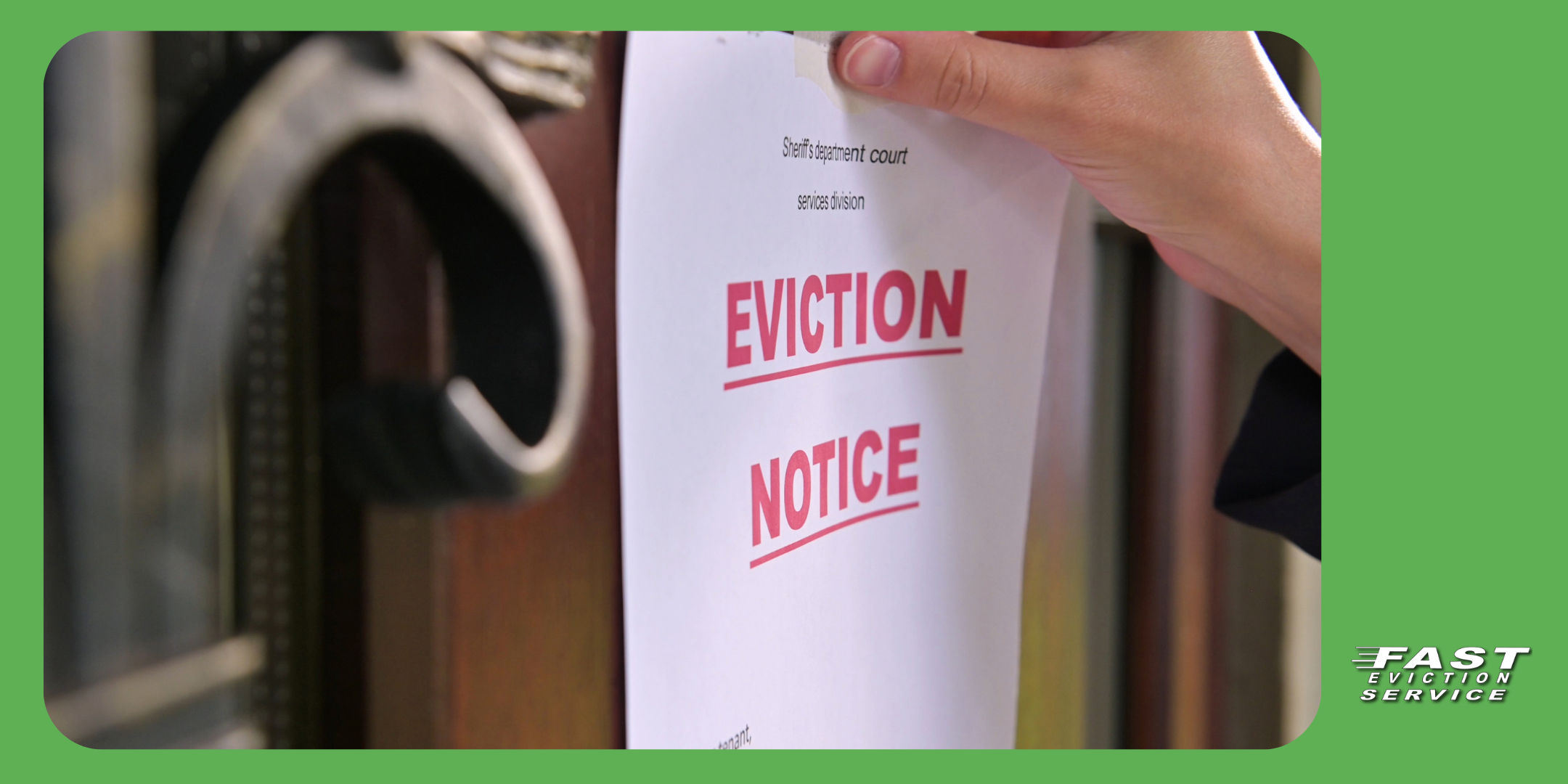Updated 31/03/25
Raising the rent is a natural part of owning rental property, especially with rising costs and inflation. But even the most experienced landlords can feel nervous about delivering that rent increase notice, especially when it involves reliable tenants who pay on time and treat your property with respect. So, how do you raise rent in California in 2025 without pushing good tenants to pack up and leave?

It all starts with understanding the law, communicating clearly, and knowing when to be flexible. Whether you’re managing a single-family home or a portfolio of units, the goal is to stay profitable without risking vacancy or burning bridges. This article will guide you through everything you need to know about rent increases in California this year, while keeping your best tenants happy.
Table of Contents
- Understanding Rent Control Laws in California
- How Much Can You Raise Rent in 2025?
- Notice Requirements for Rent Increases: 30 vs. 90 Days
- How to Raise Rent on Month-to-Month vs. Lease Tenants
- Rent Increase Do’s and Don’ts for Landlords
- Sample Language for Lease Renewal and Rent Changes
- How to Research Fair Market Rent in Your Area
- Tips for Communicating Rent Increases to Tenants
- What Is AB 1482 and Does It Apply to Your Property?
- Keeping Great Tenants: When to Be Flexible on Rent
- Frequently Asked Questions
Understanding Rent Control Laws in California
Before you even think about raising rent, it’s essential to know which rules apply to your property. California rent increase laws in 2025 are shaped by both local ordinances and statewide policies. If your property falls under local rent control (common in cities like Los Angeles, San Francisco, and Oakland), you’ll need to comply with city-specific limits and rules.
Outside of those cities, many properties are still regulated under the Tenant Protection Act of California, also known as AB 1482. This law limits how much you can increase rent annually and outlines which properties are covered. Properties built within the last 15 years, single-family homes owned by individuals (not corporations), and certain affordable housing units may be exempt.
Always double-check your property’s status before proceeding. Violating rent control laws can cost you more than a few hundred dollars—it could result in legal battles or tenant buyouts.
How Much Can You Raise Rent in 2025?
Under AB 1482, the maximum rent increase allowed is 5% of the current rent plus the local Consumer Price Index (CPI), not to exceed a total cap of 10%. In 2025, depending on where you live in California, CPI averages between 3% and 5%. That means most landlords can legally raise rent somewhere between 8% and 10% this year.
To calculate your legal rent increase percentage in California, start with your current rent, add 5%, then check your region’s CPI, and add that too—without going over 10%. If your tenant’s rent is currently $2,000, a 10% increase would be $200, making the new rent $2,200.
Even if you’re legally allowed to go to the full 10%, sometimes it makes more sense to raise it less. If a $100 increase helps keep a solid tenant, that may be worth more in the long run than an extra $50 a month.
Notice Requirements for Rent Increases: 30 vs. 90 Days
Timing matters just as much as amount. In California, the rent increase notice period depends on how much you’re raising the rent.
If the increase is 10% or less (including all increases over the last 12 months), you must provide at least 30 days’ written notice. However, if the total increase exceeds 10%, then you must give a 90-day notice of rent increase. This is a key distinction and one of the most misunderstood elements of California rent increase laws in 2025.
Make sure your written notice includes the amount of the increase, the effective date, and the new rent total. Many landlords forget to provide clear breakdowns, which only leads to tenant confusion and pushback.
How to Raise Rent on Month-to-Month vs. Lease Tenants
The rules change depending on the type of rental agreement. For month-to-month tenants, rent increases can be applied at the end of any rental period, with proper notice. However, for tenants under a lease, you generally must wait until the lease expires before increasing the rent, unless the lease explicitly allows for mid-term increases.
Therefore, if you’re working with a lease, plan ahead. Give your tenants at least 30 to 90 days’ notice before their lease ends, depending on how much the rent is going up. That way, they’re prepared, and you’re covered.
Month-to-month rent increase rules also differ slightly depending on how long the tenant has lived there. Tenants who have been in place for more than a year may be entitled to longer notice periods under local ordinances.
Rent Increase Do’s and Don’ts for Landlords
Don’t treat rent increases like a surprise bill. And don’t send vague or incomplete letters. It’s always best to communicate early, often, and clearly.
Do explain why you’re raising the rent. Share some of the financial pressures you’re facing—rising insurance, taxes, maintenance, or inflation. Most tenants are more understanding when they know it’s not just about squeezing more money out of them.
Avoid making increases right after a maintenance issue or complaint. And never deliver the notice casually over text. Use a formal written letter, served in accordance with California Civil Code.
Sample Language for Lease Renewal and Rent Changes
If you’re renewing a lease, here’s a simple example you can use: (for example use only, use at your own risk.)
_”Dear [Tenant Name],
We truly value you as a resident and appreciate how well you’ve cared for the property. As we approach the end of your current lease, we would like to offer a renewal for another term of 12 months. Due to increased operational costs and in accordance with AB 1482, the monthly rent will increase from $2,000 to $2,150, effective [Insert Date]. All other lease terms will remain the same.
Please let us know by [Insert Date] if you wish to renew under the new terms. We hope to continue this positive rental relationship with you.”
This kind of rent increase letter in California works well because it’s clear, polite, and legal.
How to Research Fair Market Rent in Your Area
Before setting your new rent, it’s smart to know what other landlords are charging. Fair Market Rent is your benchmark. Use sites like Zillow, Rentometer, or the HUD Fair Market Rent database to compare local listings by bedroom count and location.
If you’re asking $2,300 but the going rate for similar units is $2,100, you risk losing tenants and sitting on a vacancy. Stay competitive without underselling yourself. Good tenants will pay fair rent if they see value in the unit and landlord.
Tips for Communicating Rent Increases to Tenants
Tone is everything. Raising rent without losing tenants comes down to presentation. Choose a time when the tenant isn’t already upset. Avoid sending increases during holidays or right after they reported a problem.
Meet or call your tenant first before sending the official notice. Explain the situation in a calm, respectful tone. If you offer flexibility—like smaller increases or longer notice—tenants are more likely to stay.
The best way to raise rent with good tenants is to make them feel seen and respected. A small thank-you note or simple gesture of appreciation can go a long way.
What Is AB 1482 and Does It Apply to Your Property?
AB 1482, known as the California Tenant Protection Act, affects most multi-family properties built before 2005. It limits rent increases and adds eviction protections. If your property is subject to AB 1482, you can only raise the rent by 5% plus CPI, as mentioned earlier.
However, if your unit is a single-family home or condo and you’re an individual owner (not a corporation or REIT), you might be exempt—but you must provide your tenants with the proper exemption notice.
Understanding whether AB 1482 applies to you is crucial when planning how to raise rent in California. The consequences for noncompliance include invalid increases and potential penalties.
Keeping Great Tenants: When to Be Flexible on Rent
Sometimes, the best business decision is not maximizing the rent increase. If your tenant is excellent—on-time payments, low maintenance requests, and long-term intentions—consider raising the rent less than the legal maximum.
You might even split the increase over two months or offer to renew their lease early in exchange for a modest bump. Building long-term relationships pays off more than squeezing every dollar today.
If you do lose a great tenant over rent, be sure it wasn’t because of poor communication or avoidable timing. Being flexible doesn’t mean being soft. It means being smart.
Frequently Asked Questions
How often can you raise rent in California?
Once every 12 months for properties covered by AB 1482.
Do you need a reason to raise rent?
Not legally, but it’s good practice to explain your rationale.
Can a tenant refuse a rent increase?
They can choose to move out, but they can’t refuse a legal notice.
Does AB 1482 apply to all rentals?
No. Single-family homes and newer buildings may be exempt.
What happens if you raise rent illegally?
Tenants may withhold payment, file complaints, or even sue.




